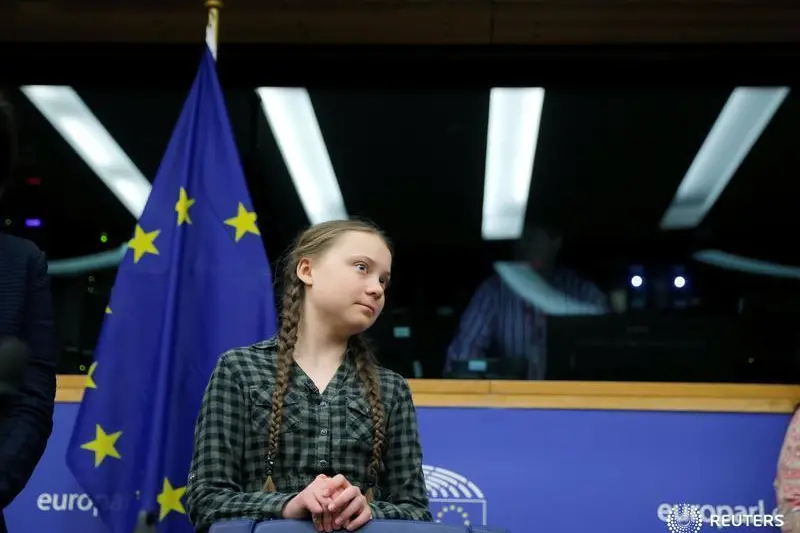PHOTO
MILAN, (Reuters Breakingviews) - Europe’s fragmented election is a recipe for muddled politics. Nationalist forces critical of the European Union failed to decisively storm its parliament in a busy vote that saw liberals and greens gain at the expense of mainstream parties. Greater political fragmentation will complicate the choice of Jean-Claude Juncker’s successor as President of the European Commission. Meanwhile, the success of Matteo Salvini’s League in Italy and of the Brexit Party in Britain could tilt the political balance in those countries.
The clear losers from the vote, which saw more than half of eligible voters cast their ballot over four days last week, are the centre-right European People’s Party and its centre-left socialist allies. The two groups are projected to remain the largest parties in the parliament. But they jointly lost about 80 seats and will no longer command a majority in the 751-seat assembly. They will need to join forces with the resurgent liberals or greens to pass EU laws. That’s a recipe for horse-trading and watered-down legislation.
But there was no victory for the eurosceptics. Despite Salvini’s efforts to forge a nationalist alliance, anti-EU parties fell far short of the 30% of seats that could have let them block some decisions. The parties are also unlikely to form a cohesive front as they are divided by domestic interests.
Indeed, the EU vote matters most at home. In Britain, victory for Nigel Farage’s Brexit Party will probably prompt the Conservatives to choose a hardline successor to Prime Minister Theresa May. In Italy, the League doubled its share of the vote since last year’s general election, which may tempt Salvini to end the uneasy governing coalition with the weakened Five-Star Movement.
There will be consequences in Brussels, too. The parliament has promoted a system whereby the candidate nominated by its largest party is appointed to run the Commission. But the EPP’s poor showing weakens Manfred Weber’s claim on the job, potentially opening the door for Michel Barnier, the EU’s chief Brexit negotiator, or antitrust enforcer Margrethe Vestager. That in turn will affect the tussle over top jobs at the European Council and the European Central Bank. But the fragmented vote offers little in the way of clear democratic direction.
CONTEXT NEWS
- Europeans across 28 EU member states voted between May 23 and May 26 to elect 751 representatives to the European Parliament.
- Projections showed the League party of Italian Deputy Prime Minister Matteo Salvini, who promoted an alliance of anti-EU parties ahead of the vote, scooped more than 34%, roughly doubling its share of the vote from a 2018 national election.
- In Britain, the eurosceptic Brexit Party won around 32% of the vote. In France, the far-right Rassemblement National came first with 23.5%, narrowly beating President Emmanuel Macron’s En Marche.
- Provisional results showed the centre-right European People’s Party on 179 seats, 42 fewer than in 2014. The centre-left Progressive Alliance of Socialists and Democrats was set to capture 150 seats, 41 fewer than in the previous election.
- However, the alliance of liberal parties is set to become the third-largest group in the parliament with 107 seats, an increase of 40. Green parties added 20 seats to reach 70, helped by a strong performance in Germany, where the party came second with 21% of the vote.
- Turnout was expected to be 50.5%, up from 43% in 2014 vote.
(Editing by Peter Thal Larsen and Katrina Hamlin)
© Reuters News 2019




















